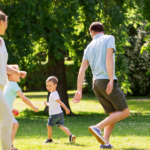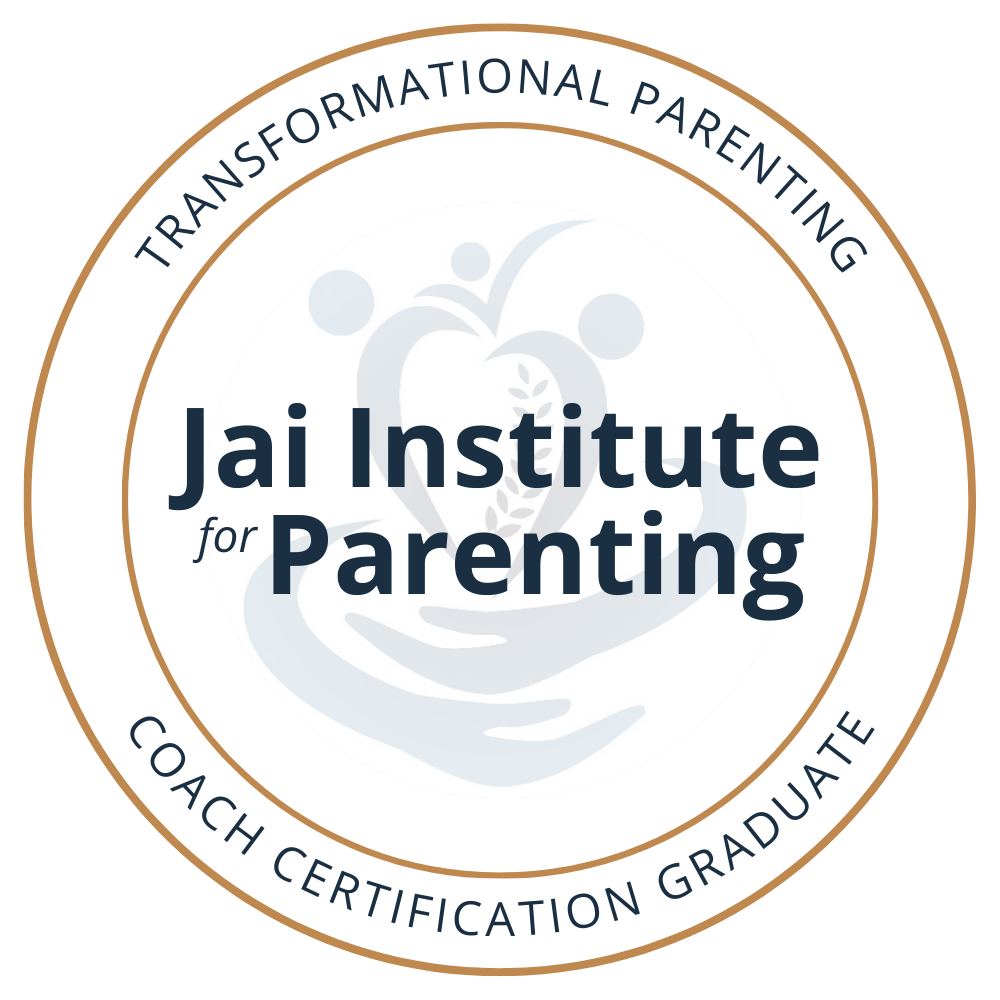The most common questions that I get as a parent coach and pediatric SLP who works with children in early childhood are:
- “What do I do when my child is throwing a tantrum?”
- “How do I make tantrums stop?”
- “What should I do when my child is crying or mad ?”
Parenting Through a Developmental Lens
The transition from baby into toddlerhood can take parents by surprise. Toddlers are now stepping into a developmental stage where their sense of “self” really starts to come online. That is why we hear a lot of “me!”, “mine”, and “I do it!”. They want to learn ways to assert independence, preference, and learn how the world works by experiencing things for themselves.
Simultaneously, this is also a time where big emotions can flood their bodies and nervous systems. This is when toddlers begin to express their big feelings when we do not give them the specific color cup they wanted or when we have to say “no, we cannot have icecream for breakfast.”
In my opinion, the old sayings of “the terrible twos” or “a threenager” lack compassion and do not have a true understanding of brain and nervous system development. Although, I do understand how absurd and sometimes humorously ludicrous it can feel as the adult being on the receiving end of a tantrum.
Children do not begin to self-regulate emotions until around 7–9 years old. Therefore, asking a 3-year-old to calm down, stop crying, go to time out, or use logic to talk them out of how they are feeling is simply not developmentally appropriate. This would be like asking a 4-month-old to walk and then expressing frustration and disapproval when they are not able to do what we ask.
So, what can we do in these emotionally charged moments?
You may have seen the term coregulation swirling around online. I often hear parents either meet this concept with curiosity by wanting to learn more or sometimes resistance for a variety of reasons including it was not the way they were parented or it feels far-fetched from how things are currently operating.
First, let’s start with the definition. Co-regulation is the ability to regulate emotions and by soothing and managing stress with the support and presence of another individual through attunement and connection. This looks like one person holding space, offering guidance, and expressing cues of love, calmness, and safety while the other is expressing an emotion.
This is when the following saying comes into play: “Share your calm and don’t join in their chaos.”
However, staying calm as a parent when our child is expressing a large emotion is an art and skill that can be strengthened with practice and tools. It is absolutely normal for us to feel upset, angry, anxious, stressed, or out-of-sorts as our child is expressing an uncomfortable emotion.
Tuning Into Our Own State and Needs as a Parent
The key here is that we do not want to suppress how we as parents are truly feeling in these difficult moments. Rather, we want to tune into our own internal state and notice the emotions that are arising in our own bodies first. From there, we can honor our own internal reality and begin regulating ourselves. Some self-calming tools for parents in hard moments could be splashing cold water on your face, taking several slow and deep breaths, gargling some water, or stepping outside for some fresh air.
I deeply understand this can be very challenging and there are many factors at play for unique situations, especially if this was not how our emotions were met in our own childhoods or when we are in a state of exhaustion or burnt out.
This is a topic that we cover extensively in the Transformational Parenting Program. We discover the underlying root of what is happening in our nervous systems and learn how to build and model self-regulation skills. I will provide you with personalized support to help you in these everyday parenting moments and we will discover tools that work best for you and your unique family.
Click Services to learn more and book a discovery call.



